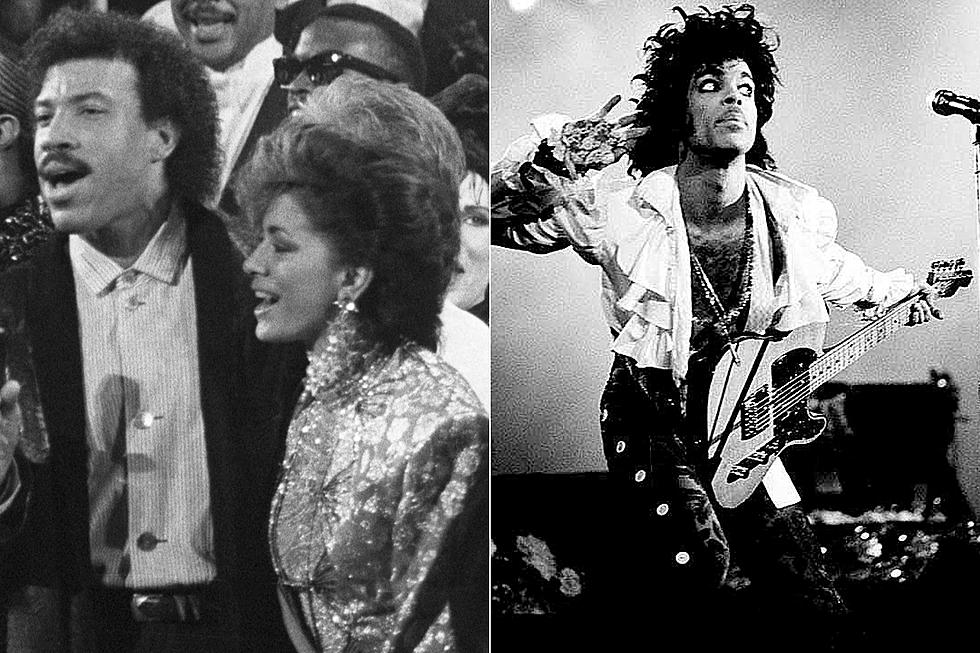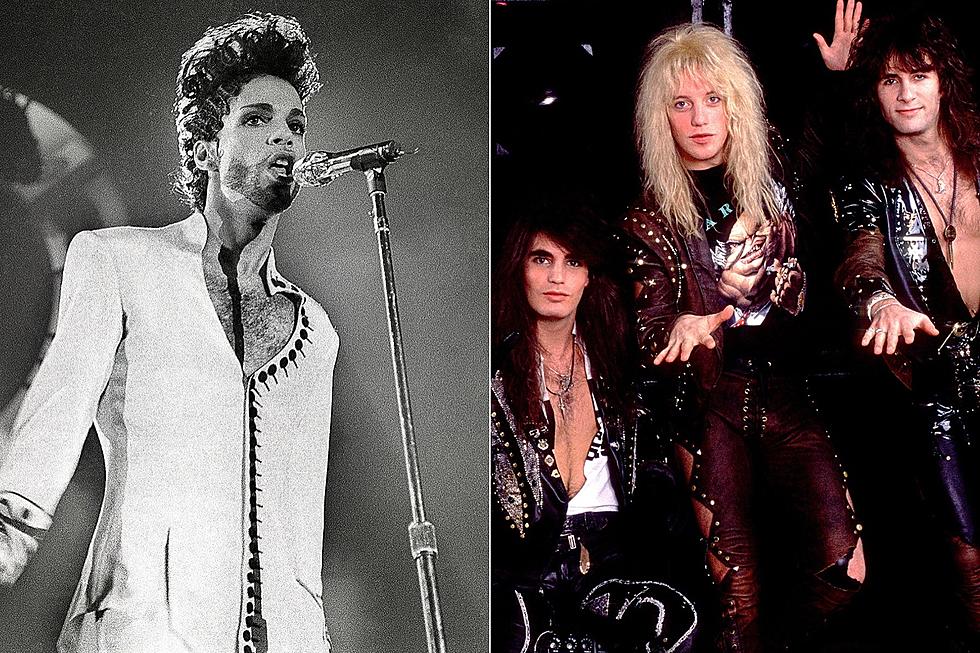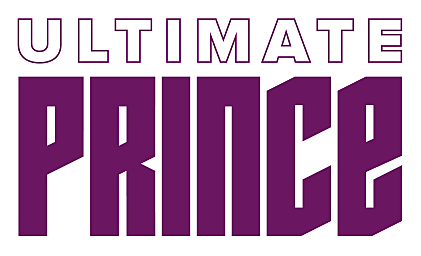
Prince Blends the Old School and the Futuristic on ‘Love’
After a period spent wandering far afield, Prince seemed to fully embrace his stirring past on 2004's Musicology. With the follow up, 2006's 3121, he intended to begin pushing the envelope again.
He'd get there by blending retro elements with ultra-modern, Neptunes-style flourishes, as heard on the nasty-grooved "Love." Make no mistake, Prince was living very much in the moment.
"Good music transcends time," he told the Vancouver Sun. "We could all name at least 25 songs from every decade. Since the dawn of recorded music, all of it speaks to us."
It's perhaps no surprise that 3121 coincided with one of Prince's most visible, most successful post-'80s eras. Pharrell Williams and Chad Hugo, known professionally as the Neptunes, had become well known by the '00s for a production style that included crisp, mechanical rhythms and laser-like synths. Prince was no doubt drawn to their sound because it matched his intentions perfectly, blending old school attitude with a futuristic vibe.
Of course, Prince in turn had his own profound impact on Williams, who admitted that explaining his influence was "hard to put into words." Even after finding success with the Neptunes and then on his own, Williams told Entertainment Weekly that he still hoped his songs would "be something that [Prince] would nod his head at." Upon hearing of the legend's sudden death, Williams added, "There are many kings, queens and princesses, but there will never be another Prince."
It was a match made in musical heaven, as Prince's four-on-the-floor, funk-pop veneer got shined up for a new age. He then dove into a theme with broad appeal, pushing back against anyone who would limit the concept of love to superficial gamesmanship. Instead, "love is like the sky, you know it never stops," Prince sang. "Love is whatever, whatever you want it to be." That message arrived, as with so many great old Prince songs, via a room-filling chorus.
Hear Prince Perform "Love"
3121 also saw the arrival of a new band lineup featuring C.C. and Joshua Dunham, who would remain with Prince through 2010. But "Love" was recorded, again in throwback style, by Prince himself – with only additional vocals from protege Tamar Davis. In search of the next new thing, Prince would always rely, first and foremost, on himself.
"It's what I always dreamed of when I was a young musician, playing in the basement," Prince told the Daily Mirror. "Music is my life; it's my trade. If I can't get it out of my head, I can't function. Someone told me they saw me at my peak, but how do they know when my peak is? I think I'm improving all the time."
Prince spends much of the rest of the album alluding to legends like James Brown, George Clinton and (on "Fury," with its "1999"-ish synth) himself, reanimating the twilit slow jam, and digging deeply into ageless soul-music structures. If some of that seemed to represent a retrenchment, it also was a reminder that Prince always possessed a shape-shifting persona. "Love," however, was the sound of a brand new alchemy, sizzling with a sense of discovery which so often surrounded his best early records.
He was clearly reinvigorated, thrumming with currency and drive – and ready to speak to a new generation. At the same time, Prince was also sharply focused. 3121 arrived as a concise, vital and balanced 12-song cycle that clocked in at a tidy 53 minutes, a far cry from the triple-album behemoths Prince had unleashed in the '90s.
Some things remained: 3121 was again released via a one-album agreement with another big label, this time Universal. Similar deals had already found EMI issuing 1996's Emancipation, while Arista handled 1999's Rave Un2 the Joy Fantastic. Columbia distributing Musicology. The arrangement allowed him to leverage their huge distribution networks, while remaining beholden to no one.
This helped maintain Prince's new career momentum. Musicology had just earned two Grammys. He was also inducted into the Rock and Roll Hall of Fame, while becoming the highest-grossing live performer in America in 2004. 3121 subsequently entered the Billboard album charts at No. 1, a belated first for Prince. His last chart-topping album dated all the way back to 1989's Batman. He returned to Saturday Night Live for the first time in years, playing a couple of 3121 songs, even as the album topped Billboard's R&B/Hip Hop list.
The message lodged inside his latest dramatic return? Like love, folks, Prince never stops.
More From Ultimate Prince










